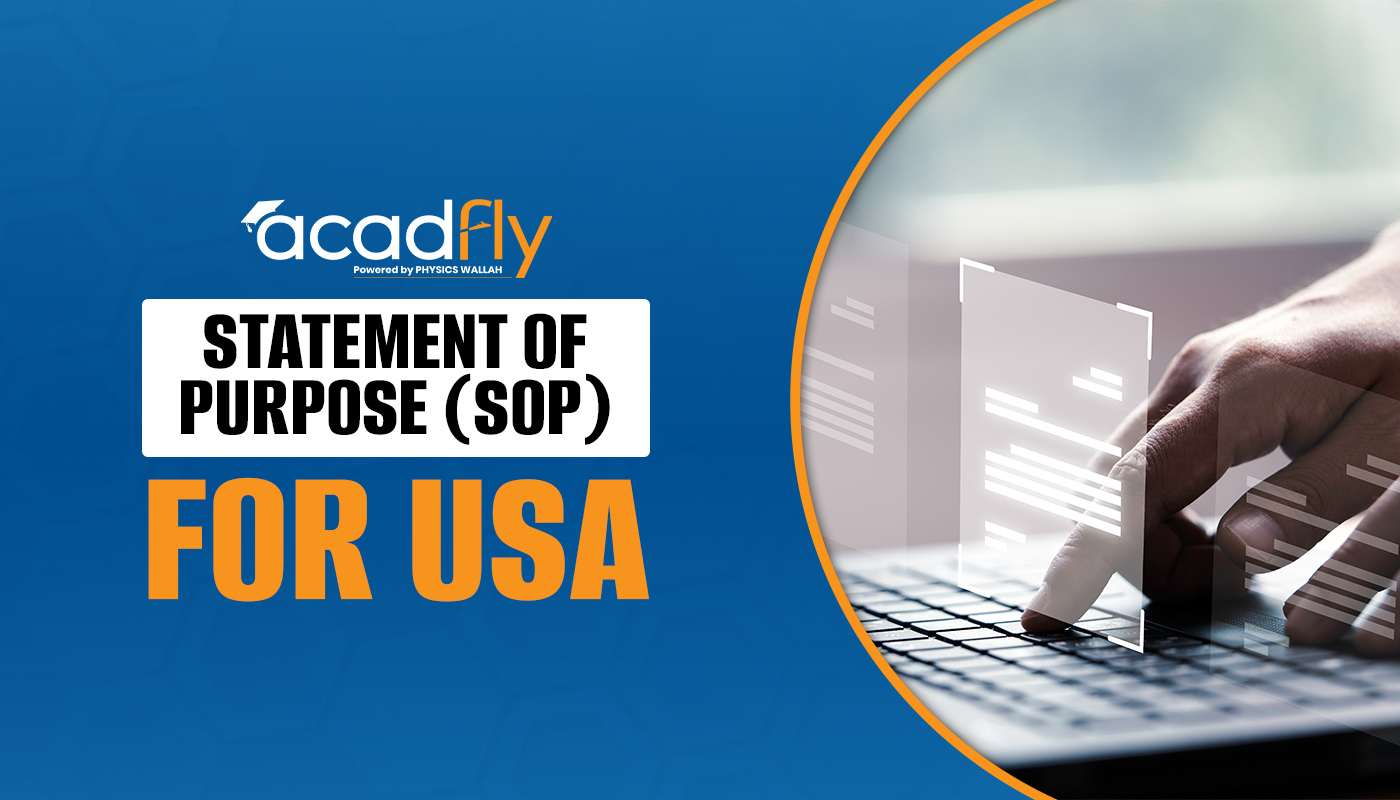

In the age of big data, businesses are increasingly relying on data analytics to drive their decision-making processes. Pursuing a Master's in Business Analytics in New Zealand equips students with the knowledge and skills needed to excel in this dynamic field. This article delves into the intricacies of business analytics programs in New Zealand, explores career opportunities, and highlights the top schools offering these programs.
The Growing Demand for Business Analytics
The demand for professionals skilled in data analytics has surged in recent years, fueled by organizations' need to harness data for competitive advantage. Businesses across various sectors require experts who can interpret complex data sets and transform them into actionable insights. A Master’s in Business Analytics not only prepares graduates for these challenges but also positions them at the forefront of emerging data-driven careers.
What is Business Analytics?
Business analytics refers to the skills, technologies, and practices for continuous iterative exploration, and investigation of past business performance to gain insight and drive business planning. It involves statistical analysis, predictive modeling, and data mining to make informed business decisions.
Types of Business Analytics
There are three main types of business analytics that students can expect to learn during their master's program:
Descriptive Analytics
Descriptive analytics examines historical data to understand what has happened in the past. It provides insights into trends, patterns, and anomalies, allowing businesses to make data-driven decisions based on past performance.
Predictive Analytics
Predictive analytics uses statistical models and machine learning techniques to forecast future outcomes based on historical data. This type of analytics helps businesses anticipate market trends and consumer behavior.
Prescriptive Analytics
Prescriptive analytics suggests actions to take for optimal outcomes based on data analysis. It involves advanced algorithms and simulations to recommend specific strategies to improve business performance.
Why Pursue a Master's in Business Analytics in New Zealand?
New Zealand is rapidly becoming a hub for business analytics education. The country's education system is known for its high standards and innovative teaching methods. A master's degree from a New Zealand institution provides students with a globally recognized qualification, practical skills, and valuable industry connections.
Benefits of Studying in New Zealand
-
Quality Education: New Zealand universities are renowned for their research output and commitment to teaching excellence.
-
Cultural Diversity: With a rich multicultural environment, students gain exposure to diverse perspectives, which enhances their learning experience.
-
Work Opportunities: New Zealand offers various work opportunities for international students, allowing them to gain practical experience while studying.
-
Beautiful Environment: The country boasts stunning landscapes and a friendly atmosphere, making it an attractive place to live and study.
Top Business Analytics Schools New Zealand
Several universities in New Zealand offer master's programs in business analytics, providing students with a solid foundation in data analytics and business intelligence.
1. University of Auckland
The University of Auckland offers a Master of Business Analytics program designed to equip students with the skills needed to analyze data effectively. The program covers topics such as data visualization, machine learning, and predictive analytics.
2. Victoria University of Wellington
Victoria University of Wellington’s Master of Business Analytics program focuses on practical applications of analytics in business. The curriculum includes data mining, business intelligence, and statistical analysis, preparing students for various roles in the industry.
3. University of Otago
The University of Otago offers a Master of Business Analytics that emphasizes data-driven decision-making. Students learn to use analytical tools and techniques to solve complex business problems.
4. Auckland University of Technology
Auckland University of Technology provides a Master of Business Analytics program that integrates theoretical knowledge with practical skills. Students gain hands-on experience through projects and industry partnerships.
Curriculum Overview
The curriculum of a Master's in Business Analytics typically covers a range of subjects designed to build a comprehensive skill set. The following table outlines some common courses included in these programs:
|
Course Title |
Description |
|
Data Management |
Focuses on the organization, storage, and retrieval of data in business contexts. |
|
Statistical Analysis |
Teaches statistical methods and techniques used in analyzing business data. |
|
Predictive Modeling |
Covers techniques for forecasting future trends based on historical data analysis. |
|
Data Visualization |
Teaches how to present data effectively using various visualization tools and techniques. |
|
Business Intelligence Systems |
Explores tools and systems used to gather, store, and analyze business data. |
|
Machine Learning in Business |
Introduces machine learning algorithms and their applications in business contexts. |
This curriculum is designed to provide students with a well-rounded understanding of business analytics, ensuring they are well-prepared for the workforce.
Data Analytics Careers New Zealand
Graduates of a Master's in Business Analytics have a plethora of career options available to them. The demand for data professionals is high, and the roles are diverse, covering various industries.
Data Science Jobs NZ
In the dynamic landscape of data analytics, numerous career opportunities are available, each catering to different skills and interests. These roles are critical for organizations aiming to harness data effectively for strategic decision-making and planning. Professionals in data analytics work with vast amounts of information, turning complex datasets into valuable insights that drive business success. Below is a table summarizing key career opportunities in the field of data analytics, along with their descriptions.
|
Job Title |
Description |
|
Business Intelligence Analyst |
Plays a crucial role in analyzing data and providing actionable insights to help organizations make informed decisions. Works closely with stakeholders to understand data needs. |
|
Data Analyst |
Responsible for interpreting complex data sets and turning them into information that drives business decisions. Utilizes statistical tools to identify trends and patterns. |
|
Data Scientist |
Experts in statistical analysis, machine learning, and data mining. Design experiments and algorithms to analyze large datasets, providing predictive insights for businesses. |
|
Data Engineer |
Focuses on building and maintaining the infrastructure for data generation and management. Design systems that enable effective data collection, storage, and analysis. |
This table highlights the diverse roles within data analytics, illustrating the essential functions each position serves in driving business growth. By understanding these career paths, aspiring professionals can identify where their skills and interests align, paving the way for a successful career in this exciting field.
Business Intelligence Roles NZ
The landscape of business intelligence roles in New Zealand is growing rapidly, and many organizations are on the lookout for skilled professionals to fill these positions. Business intelligence roles involve working with data analytics tools and technologies to help organizations make better decisions.
Conclusion
A Master's in Business Analytics in New Zealand offers students an opportunity to gain a deep understanding of data analytics and its applications in the business world. With top universities providing comprehensive programs, students are well-prepared to enter a rapidly evolving job market filled with exciting opportunities.
Frequently Asked Questions
1. What is the duration of a Master's in Business Analytics in New Zealand?
2. What are the admission requirements for a Master's in Business Analytics?
3. Are there scholarships available for international students?
4. What skills will I gain from a Master's in Business Analytics?
5. What is the job outlook for data analytics careers in New Zealand?









